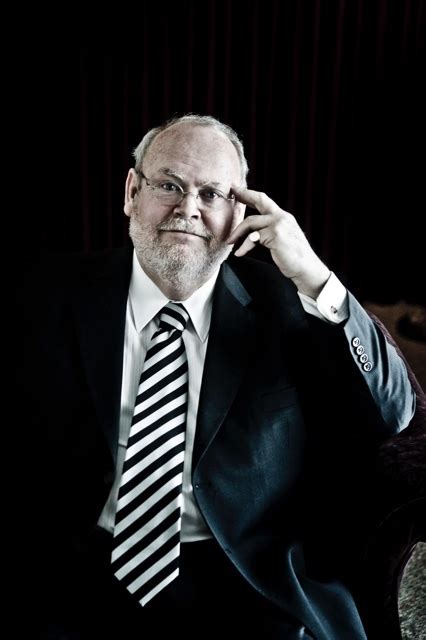A Quote by Seamus Heaney
In poetry, everything can be faked but the intensity of utterance.
Quote Topics
Related Quotes
Prophetic utterance, like poetic utterance, transforms experience and moves the receiver to new attitudes. The kinds of experience--the recognitions or revelations--out of which both prophecy and poetry emerge, are such as to stir the prophet or poet to speech that may exceed their own known capacities; they are "inspired," they breathe in revelation and breathe out new words; and by so doing they transfer over to the listener or reader a parallel experience, a parallel intensity, which impels that person into new attitudes and new actions.
The only award I've been nominated for is a Scottish BAFTA. A Scottish BAFTA, it's like hearing that the animals have their own Olympics. You hear all this stuff about TV being faked. Of course it's faked. It's all faked. That documentary a couple of weeks ago about tribal warfare among monkeys, that was all filmed in a Yates wine lodge in Dundee. Comic Relief is faked. Everybody in Africa is fine.
Poetry is the most informative of all of the arts because everything comes down to poetry. No matter what it is we are describing, ultimately we use either a metaphor; or we say "that's poetry in motion." You drink a glass of wine and say, "that's poetry in a bottle." Everything is poetry, so I think we come down to emotional information. And that's what poetry conveys.
Most poetry is the utterance of a man in some state of passion, love, joy, grief, rage, etc., and no doubt this is as it should be. But no man is perpetually in a passion and those states in which he is amused and amusing, detached and irreverent, if less important, are no less amusing. If there were no poets who, like Byron, express these states, Poetry would lack something.







































